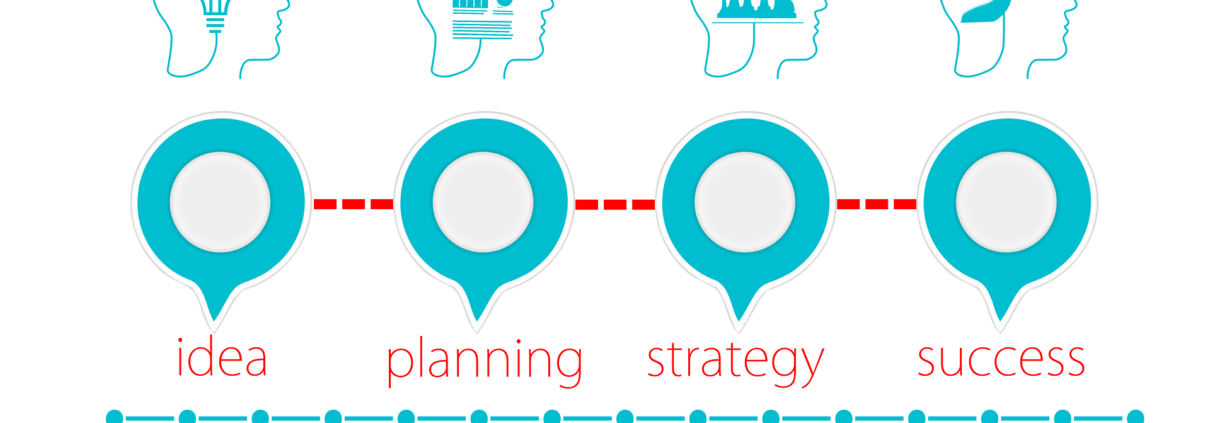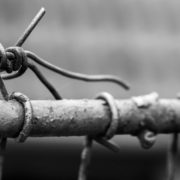When a person struggles to control their substance use, it can be a sign that an addiction and abuse problem is present. Substances used in this way can include prescription and, or illicit street drugs. Once someone is unable to control their use of alcohol or drugs, they need help. There are several options available to overcome a problem. These include detoxification and relapse prevention. Listed below are some of the ways to help yourself. As a couple it can become even more challenging because both members in the marriage or relationship have to stay sober. Read more about couples rehabs for substance abuse by clicking the link or speak with someone about treatment options by contacting the helpline.
Developing a Sober Social Network
For those in recovery from alcoholism or addiction, developing a sober social network is extremely important. It demonstrates the power of numbers and offers an unmeasurable number of benefits. For one, it allows users to avoid isolation – one of the leading causes of relapse. Part of a person’s recovery is often breaking ties with those who were in their addictive lives for a time, and that can make for a very lonely space. By surrounding themselves with other sober people, they don’t need to worry about peer pressure and can focus on maintaining their sobriety.
Addiction can also inhibit the development of positive social networks. For example, many addicts report that they suffer from social anxiety and therefore turn to alcohol or drugs to cope with their feelings. In addition, using drugs or alcohol for this anxiety can lead to relationships that are damaging or destroying careers. Therefore, it is imperative to create a network of sober friends and family members who support one another’s recovery and is aware of how social anxiety has played a role in your addiction.
Having a sober community helps people overcome addiction by providing accountability. A group of like-minded people who have faced the same issues can provide them with real-time advice and insight. People in a supportive community also learn from each other’s experiences and offer a unique perspective on their own lives. They can be helpful in recognizing triggers and behavioral changes that may hinder recovery.
Experts cannot repeat it enough; creating a sober social network for those with an alcohol or drug problem is essential for sustained sobriety. Many individuals struggle with the transition from an inpatient treatment environment to their life on their own. The structured environment of a sober group home can help ease the transition back to a sober lifestyle. In addition to providing an opportunity to build social networks, the environment can also help those with a drinking or drug problem to get connected with other people who have a similar experience.
Developing a sober social network helps recovering addicts to build new friendships. Moreover, these individuals can also join support meetings, such as 12-step meetings or other alternative meetings. It is important to maintain a good attitude when visiting such meetings. You should also be open to other people and engage in conversation with them. This way, you’ll be able to establish healthy relationships with people who can help you overcome your addiction and help you build a clean and sober life going forward.

Developing a Healthy Diet
During recovery, recovering alcoholics and drug addicts have different nutritional needs than their sober counterparts in life. They may need to eat a healthy, varied diet, as their bodies may require a detoxification period after stopping drug use and years of abuse to their body. Eating a healthy diet will provide the necessary nutrients to keep the body functioning properly and prevent relapse. The diet must be varied and rich in vitamins and minerals.
Alcohol and drug abuse can affect the liver and pancreas, which regulates blood sugar and fat. Damage to these organs will lead to a lowered blood sugar level and reduced appetite. This is detrimental to the health of the recovering alcoholic, as poor nutrition can interfere with brain connections that govern hunger. In addition, when it comes to pregnant women in recovery, an unhealthy diet can negatively impact the developing baby. Alcohol-affected infants are at risk for developing physical problems, such as obesity. Because alcohol crosses the placenta, the liver’s production of glucose is inhibited, leading to low blood sugar levels.
Foods that increase hunger are high in sugar and fat. Sugar and fat are the culprits in drug cravings and addiction. Eating healthy foods can improve mood and reduce the chances of relapse. Eating three meals a day can be challenging, and early recovery may not be ready for drastic dietary changes. Rather, a diet rich in low-fat, high-protein, and high-fiber foods can help.
A healthy diet should include food that promotes the production of serotonin, a chemical messenger in the brain. It helps regulate mood and soothes alcohol cravings. Whole grains and vegetables are great sources of complex carbohydrates. Developing a healthy diet for overcoming alcohol or drug problem needs to be a part of a person’s overall recovery. But changing your diet is not simply not enough – it’s important to maintain balance with your therapy in all ways.
Foods rich in vitamins and minerals are also important for recovering alcoholics. Alcoholism causes deficiencies in vitamin B and C. It also causes the loss of minerals like iron. Thankfully, iron is one of the exceptions to this rule. Chronic alcohol use causes damage to the stomach lining, which improves absorption of iron. The goal of a detox diet is to rebuild the body’s strength and clear the mind.
Getting Help With Relapse
Relapse is a common part of the overcoming alcohol or drug problem process, and it’s something that can be frustrating. Keep in mind, that relapse is not a reflection of a person’s willpower, and as always, it can actually be dangerous. Whenever you relapse, you risk an accidental overdose or other harmful consequences. Getting help with relapse is crucial to maintaining sobriety.
Relapse prevention is closely linked to your sense of self-efficacy. People who feel overconfident that they can stay sober, despite the stressors and triggers in their lives, are actually more likely to experience a relapse. By developing coping skills, you can increase your confidence in a healthy way and help your odds at avoiding a relapse. As an example, Personalized Text Support is a good option for those who want to try texting a therapist and addressing their worries without having to commit to treatment or meeting – it’s a tool. It may not do the job but having it in your toolbox wont hurt and may come in handy. Simple skillset changes can be huge in recovery.
Relapse occurs during inpatient treatment, outpatient treatment and can happen at any time. Prevention is crucially important for people who are in treatment for addiction at all stages. There are many steps you can take to prevent relapse. It’s crucial to understand triggers and learn to cope with them, as these can lead to relapse. It’s also vital to have a strong support system, such as a 12-step support group. It’s not always easy to maintain sobriety while in recovery, and you never know when an urge to relapse will strike.
After treatment, relapse recovery is often complicated by a lack of social support. To get the best help with relapse, again, it’s essential to develop a solid support system for yourself and your family. It can be beneficial to talk to former treatment providers or friends who have been through recovery themselves. Ask them for advice on how to best manage the everyday challenges that they face. If you find yourself in a difficult situation, get help from a support network that knows what to do and can offer encouragement and practical assistance.
A crucial step in overcoming alcohol or drug problems is to get professional help and have an actual plan for relapse prevention. This plan should include the triggers, coping techniques, and specific people in your support network. To learn more about relapse prevention, you can visit WebMD’s alcohol and drug treatment information. It’s also a good idea to join 12-step groups and seek help from a professional.

Getting Help With Detoxification
When considering getting help with detoxification for alcohol or drug addiction, it’s important to consider the severity of the condition and your desired level of involvement. Detoxification from alcohol can be uncomfortable and potentially dangerous and may even require medical intervention. While the severity of symptoms can vary, most people with AUD require professional help to achieve recovery. Fortunately, there are many options available for detox. These include inpatient, residential, and online detox programs.
When looking for detoxification programs, choose one that focuses on a comprehensive treatment approach. Generally, people with severe substance abuse problems do better in an outpatient program. The benefit of this approach is that the patient can go home after the program, allowing them to focus on the recovery process. However, people with extensive substance abuse histories should seek help from an inpatient program, as it provides round-the-clock medical and emotional support.
When considering detoxification for alcohol or drug addiction, it is vital to remember that drugs like nicotine, amphetamines, and cocaine do not cause significant health complications. If detoxification for alcohol or drug addiction is attempted at home, it can be dangerous and even potentially life-threatening. Quitting “cold turkey” is risky and can result in seizures and dehydration. An inpatient or outpatient detoxification program is the best option for people with severe addiction issues and who would benefit from 24-hour care.
When it comes to alcohol or drug addiction, getting help with detoxification is a crucial part of recovery. Without treatment, alcohol or drug withdrawal can be life-threatening. In a detox program, patients receive medicine to ease the symptoms and care for medical conditions. Additionally, the effects of alcohol and drug addiction can be dangerous and even fatal. Therefore detox is important for people who have been dependent on alcohol or drugs for years.
Depending on the severity of the alcohol or drug addiction, detoxification may include a variety of interventions. An inpatient drug detoxification facility will provide 24-hour medical supervision, so patients can rest assured that their treatment is getting the necessary help. The staff at a residential facility will help patients overcome withdrawal symptoms. Aside from medical supervision, inpatient detoxification may also be known as social detoxification. These programs may also require a referral from a doctor or substance abuse treatment counselor.









